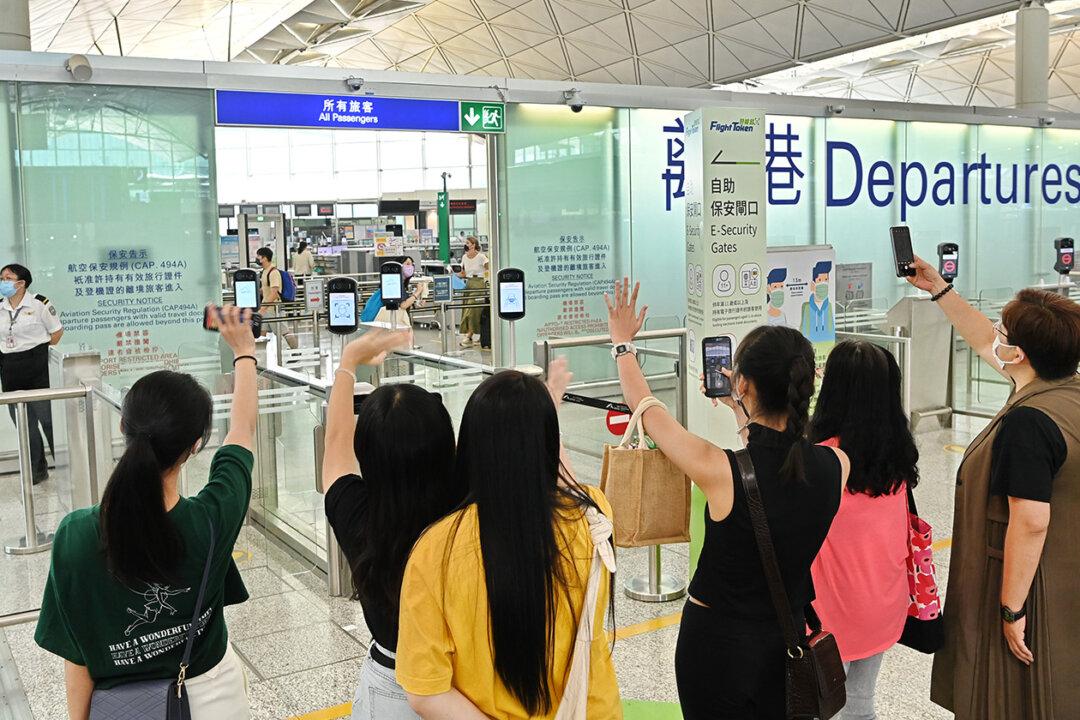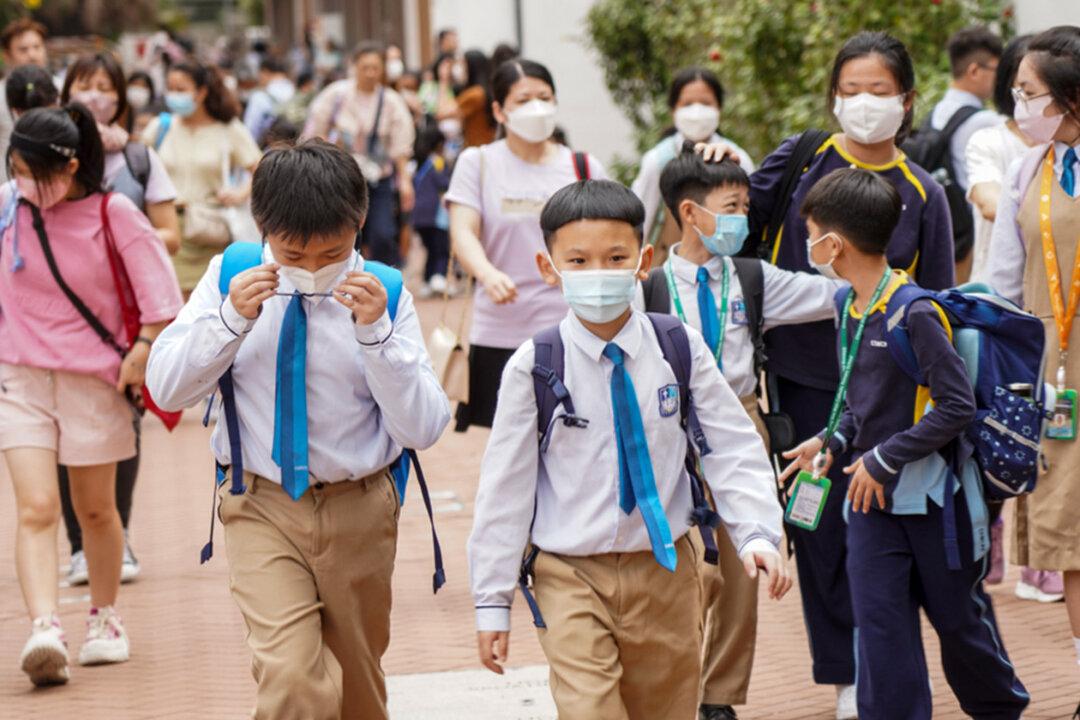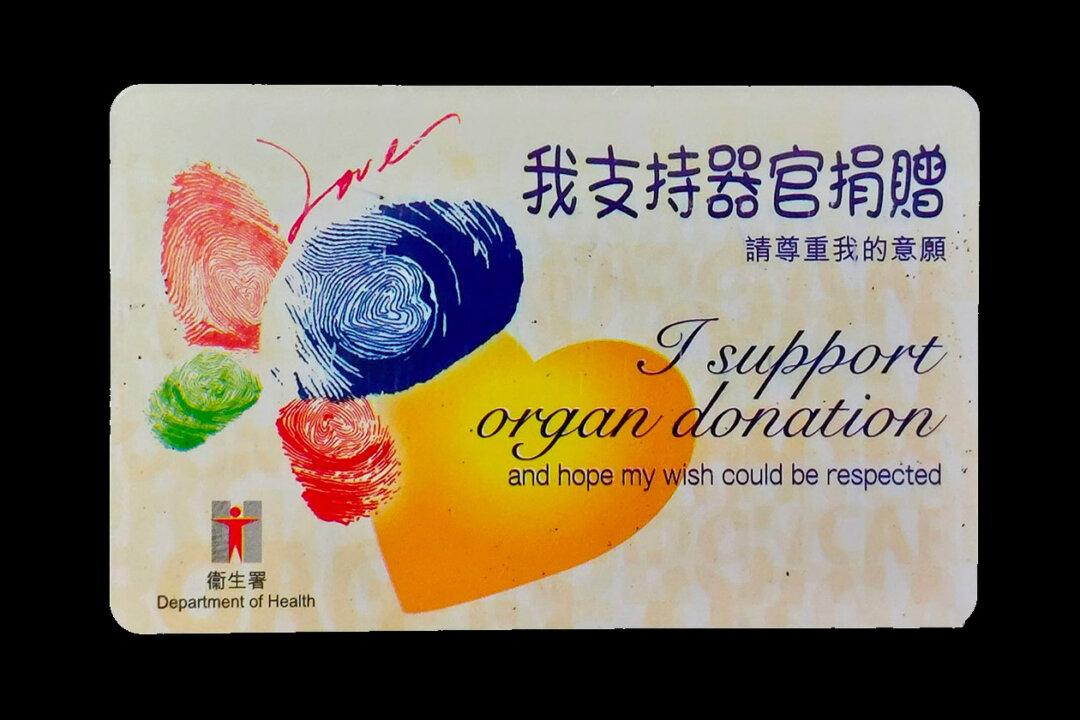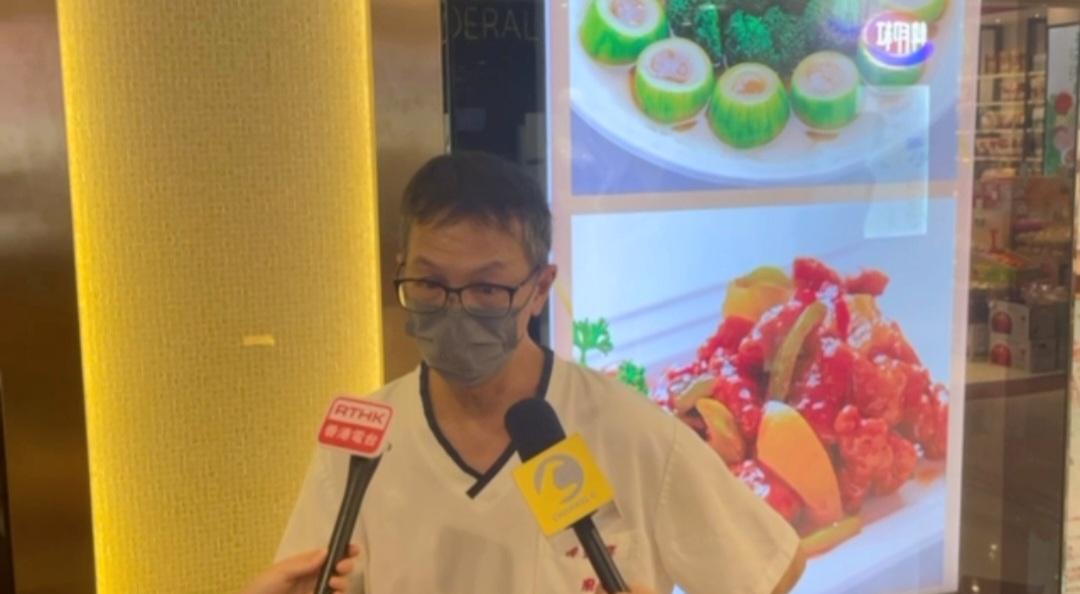Jimmy Lai Chee-ying, the founder of former Apple Daily and Next Media Group, filed an order of judicial review to overturn a decision made by the Committee For Safeguarding National Security. Earlier, The Committee cited that allowing Tim Owen to defend Lai would amount to national security risks. Therefore, the Immigration Department should refuse to grant a work visa to Owen, Lai’s British barrister, to enter and work in Hong Kong.
On April 28, The High Court began to process two applications.




